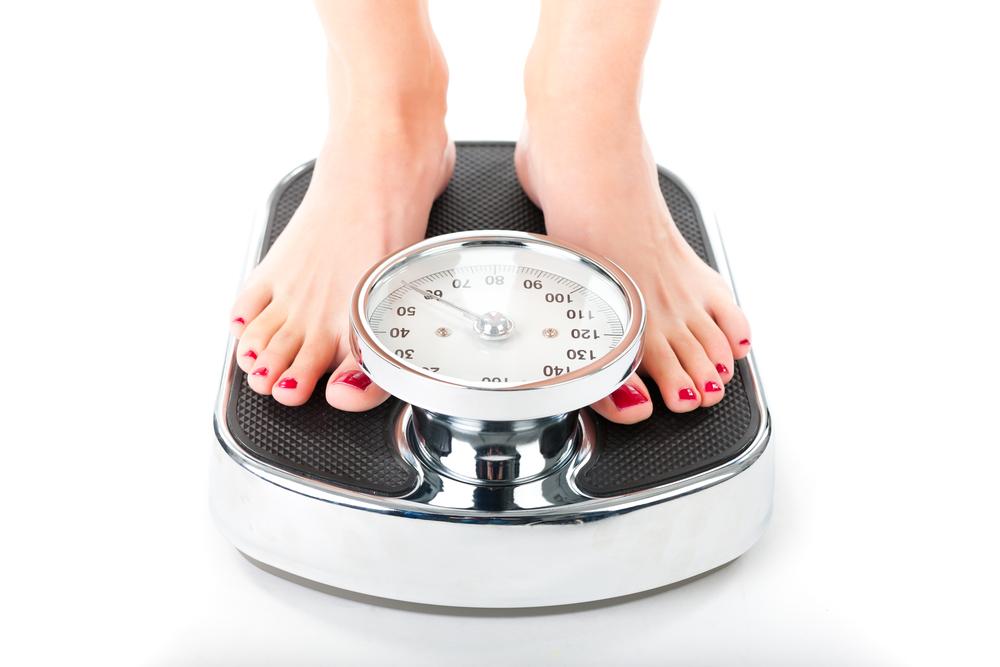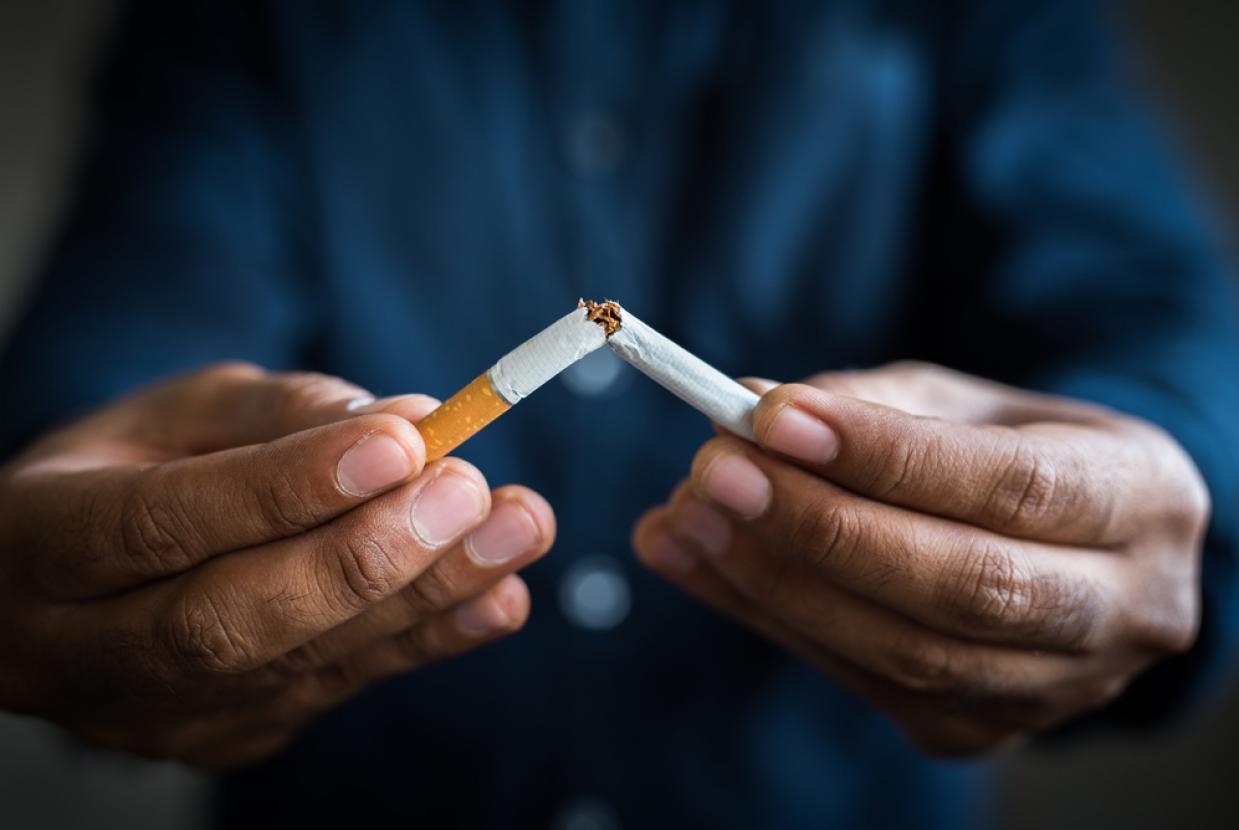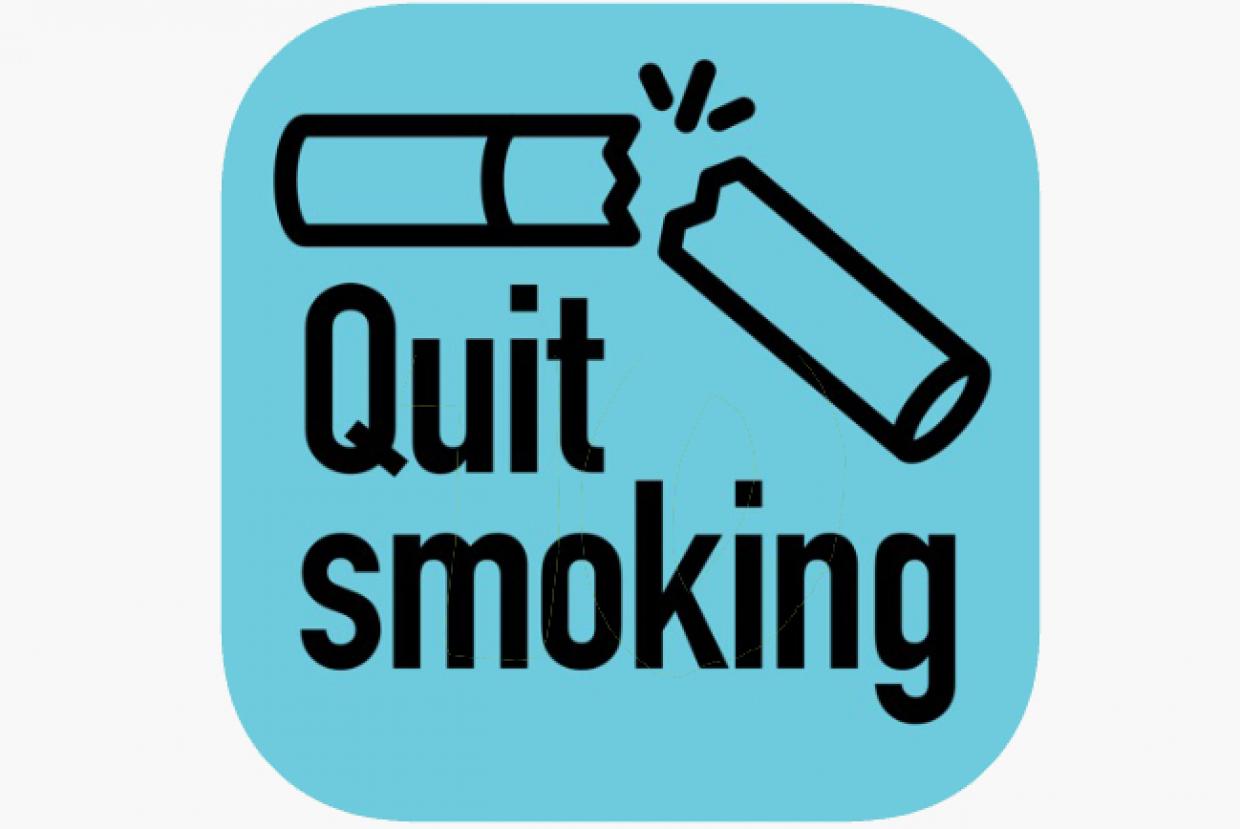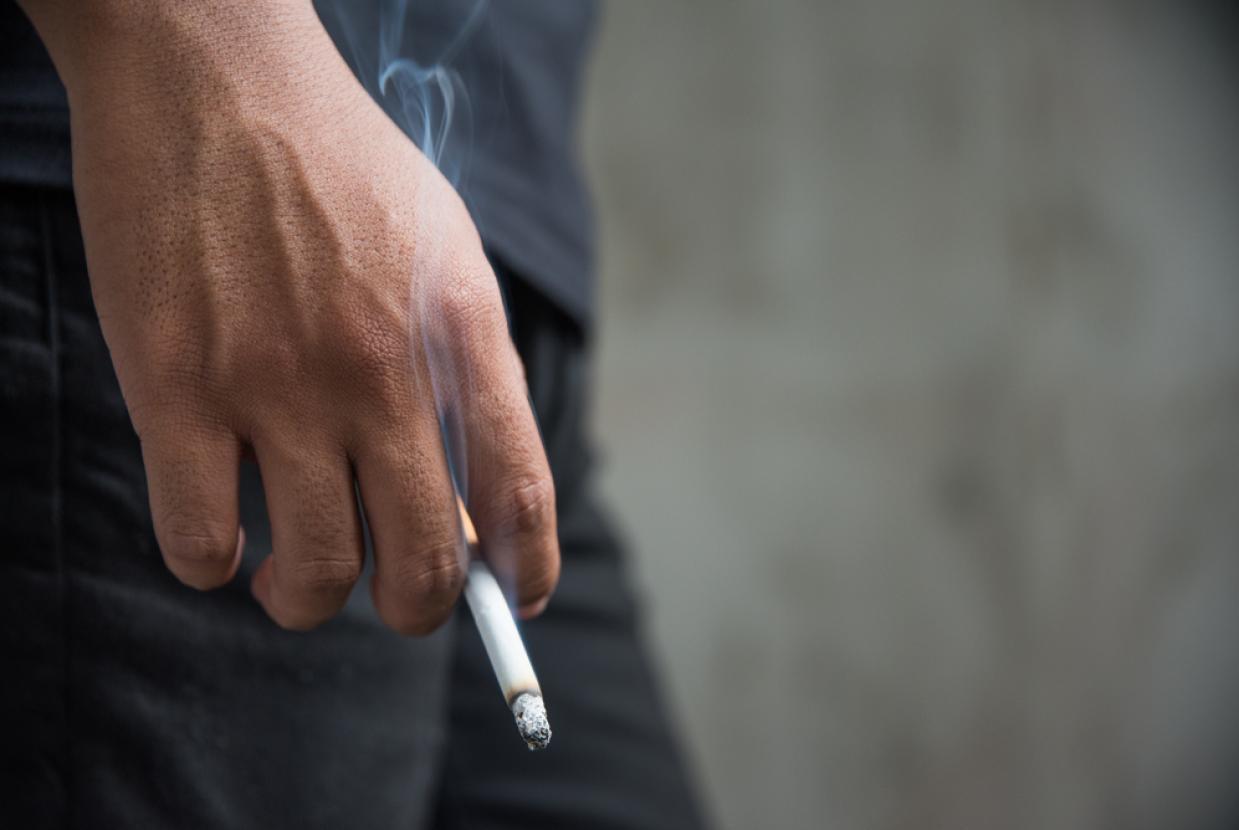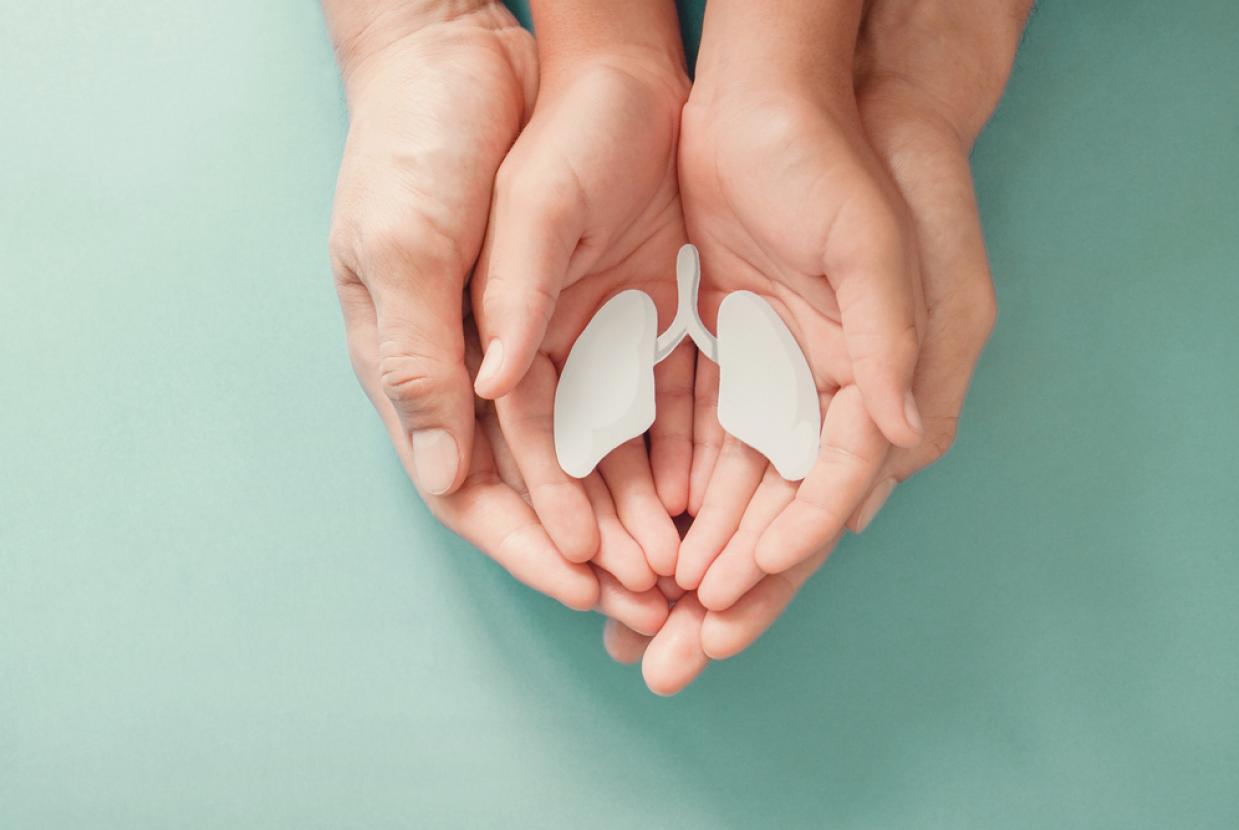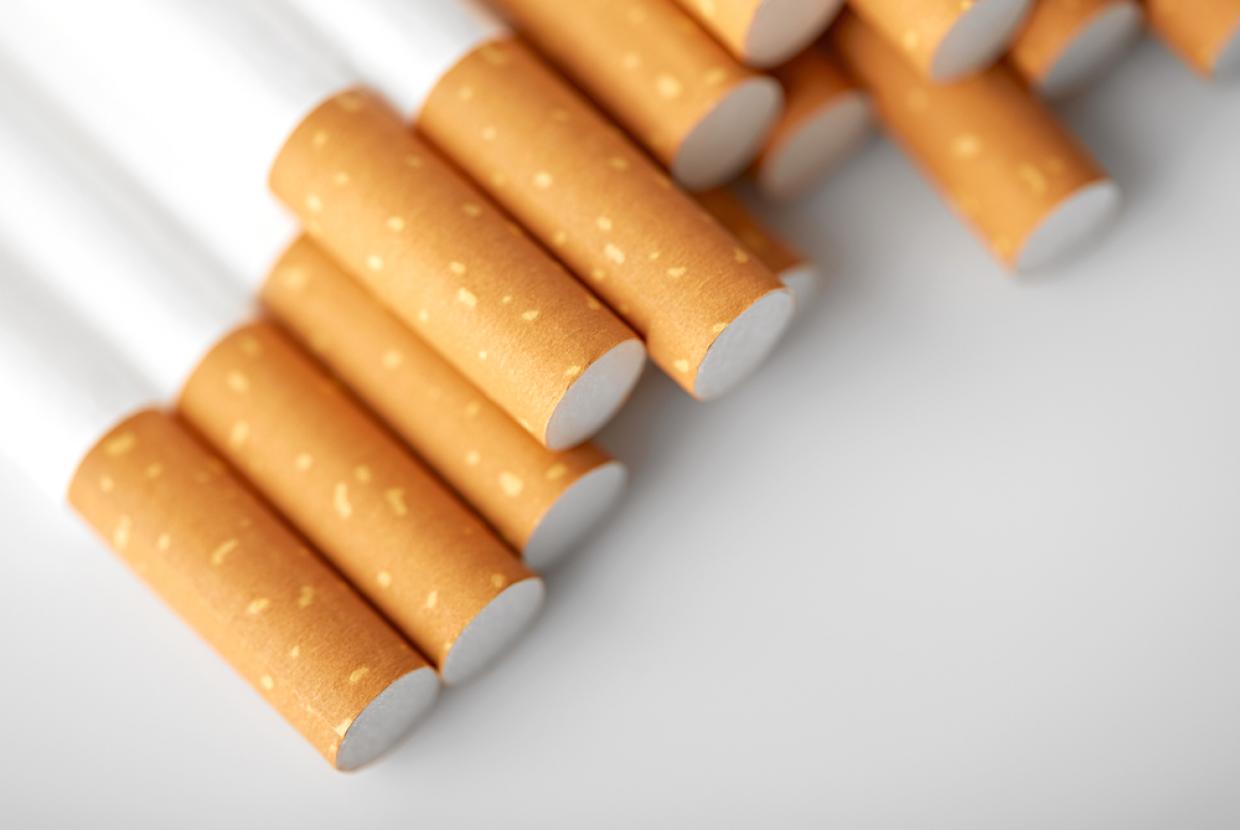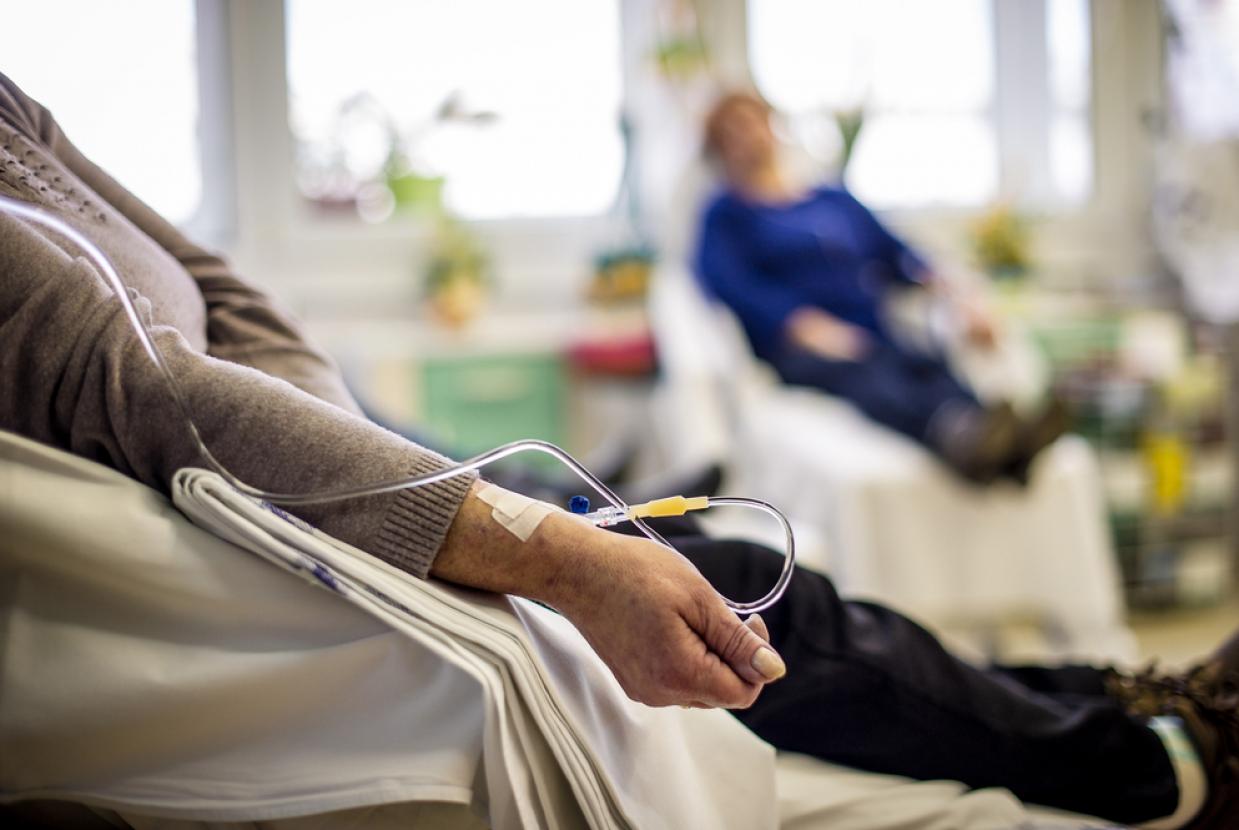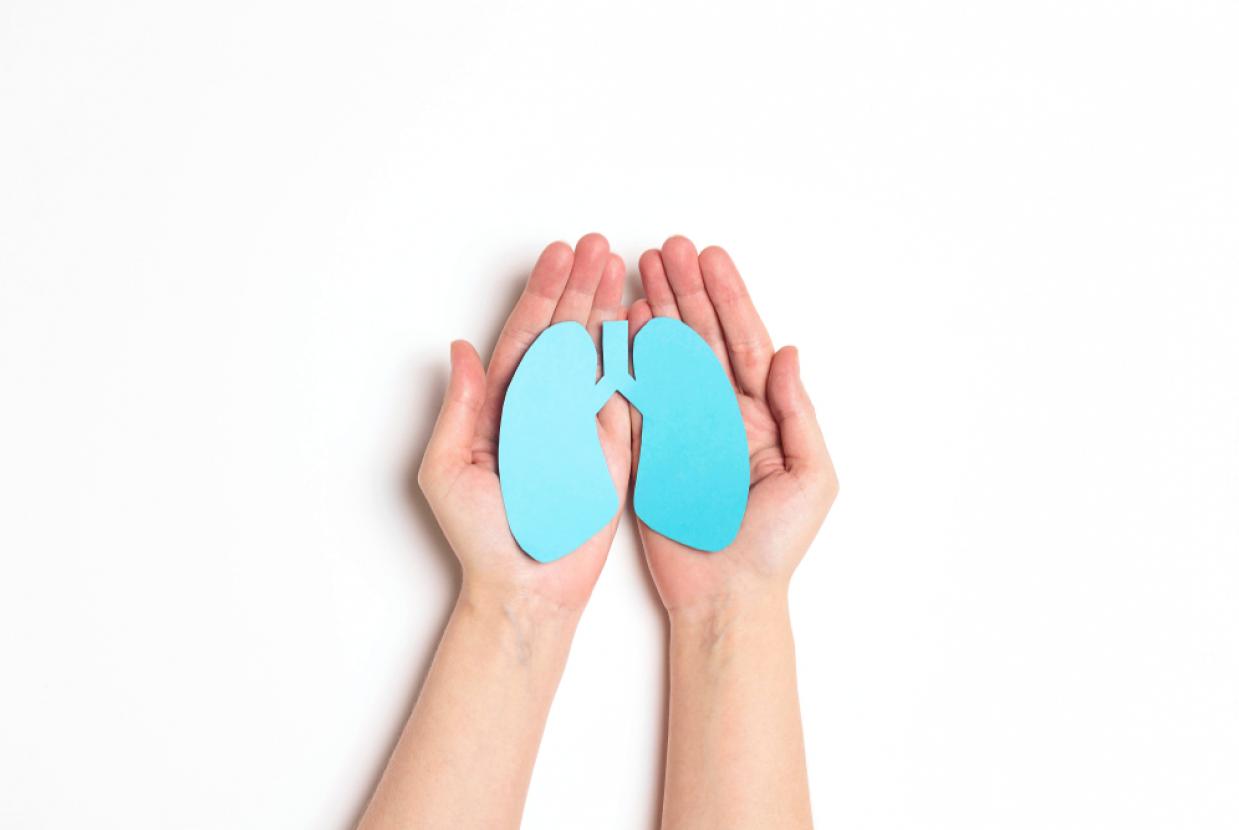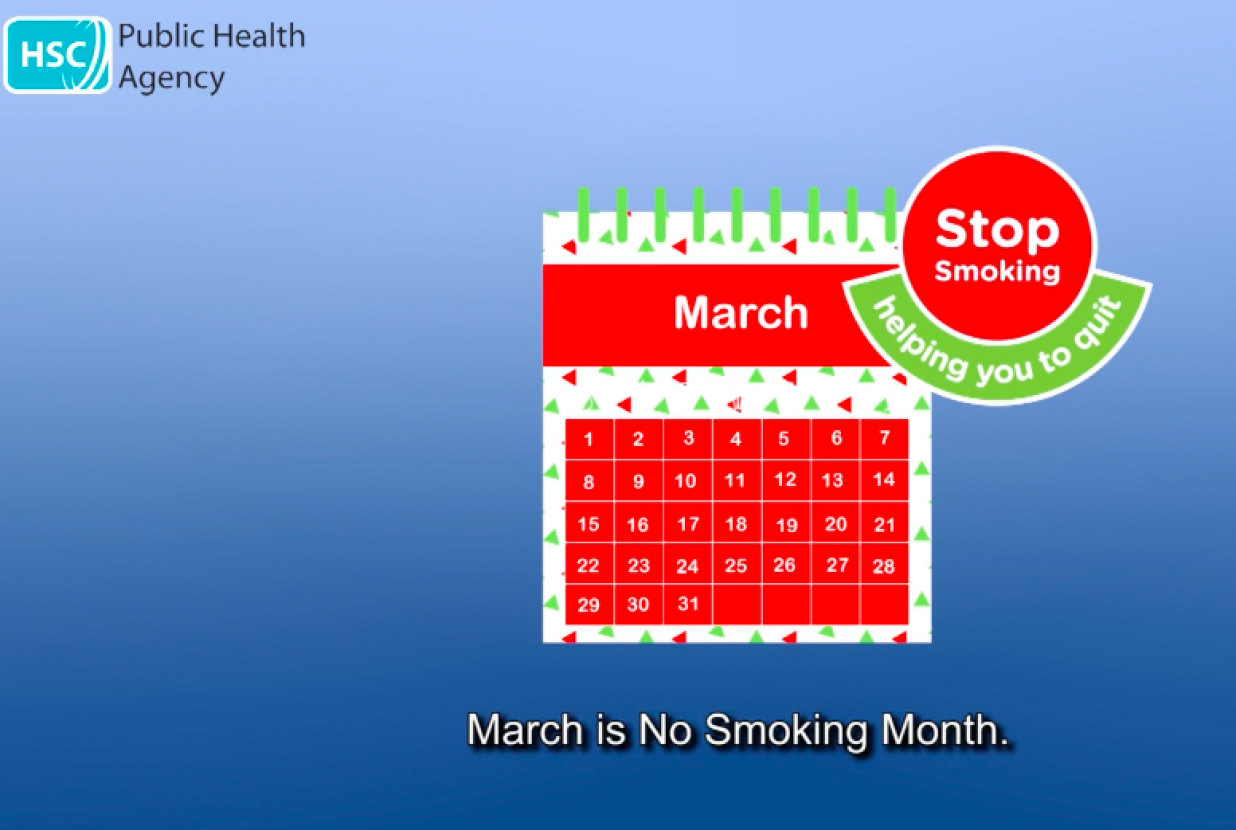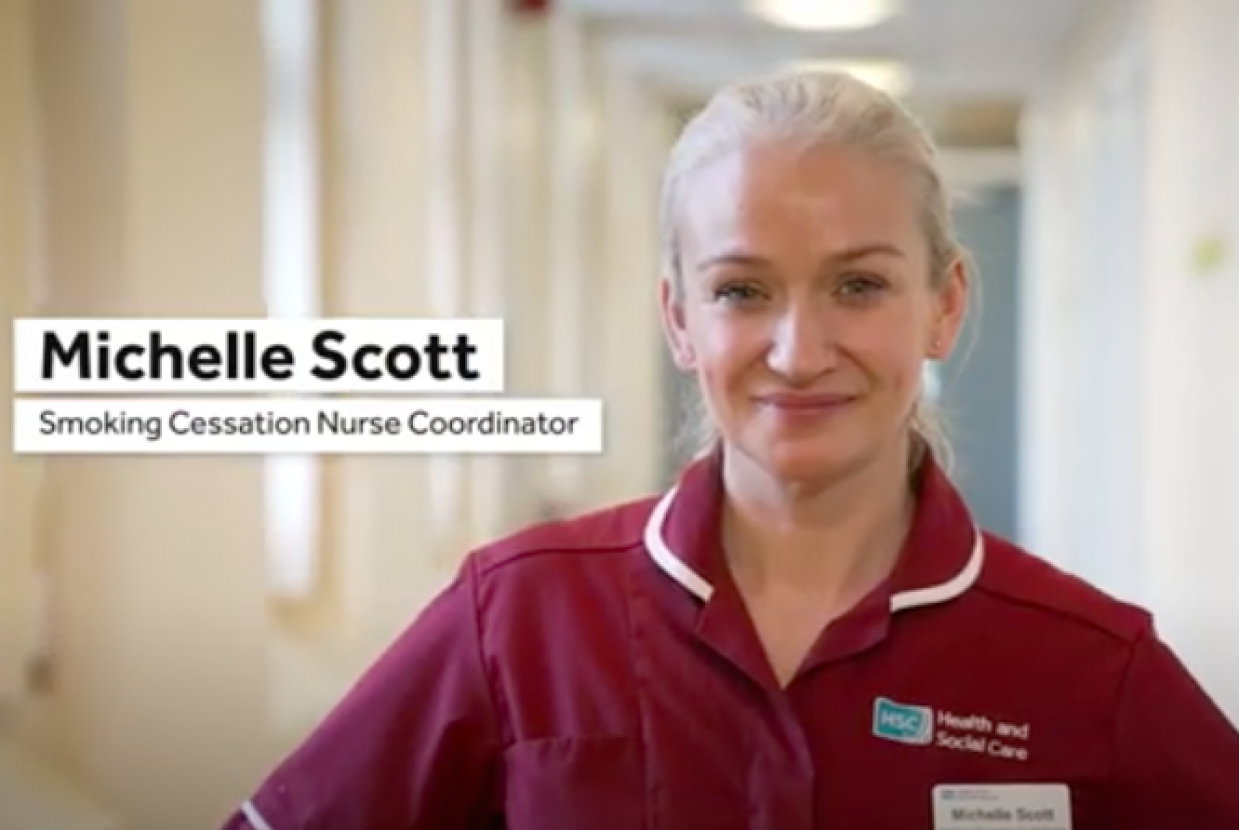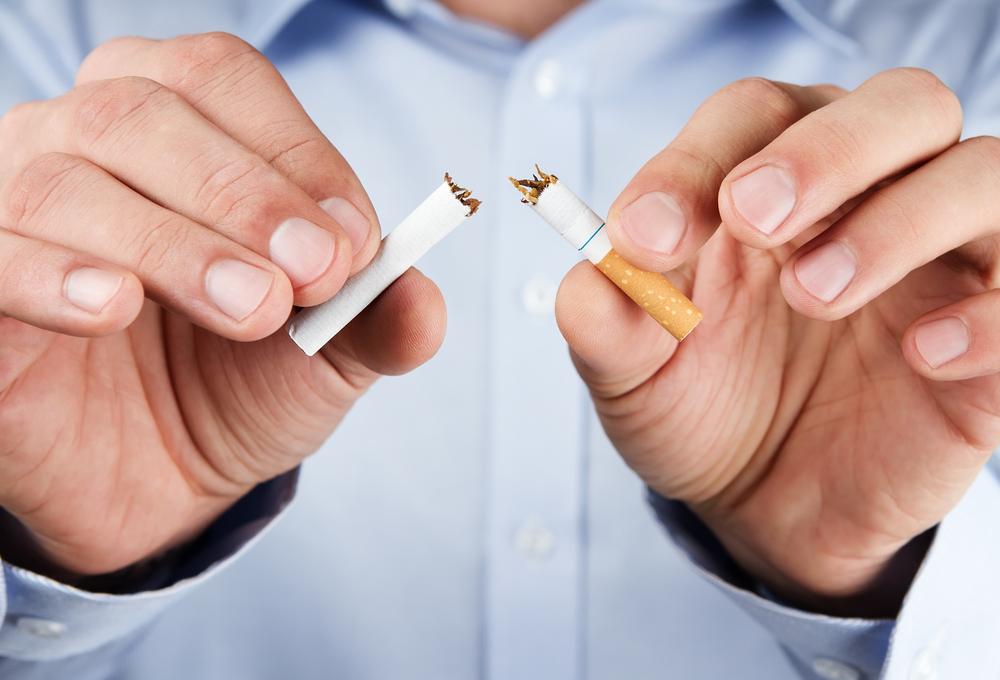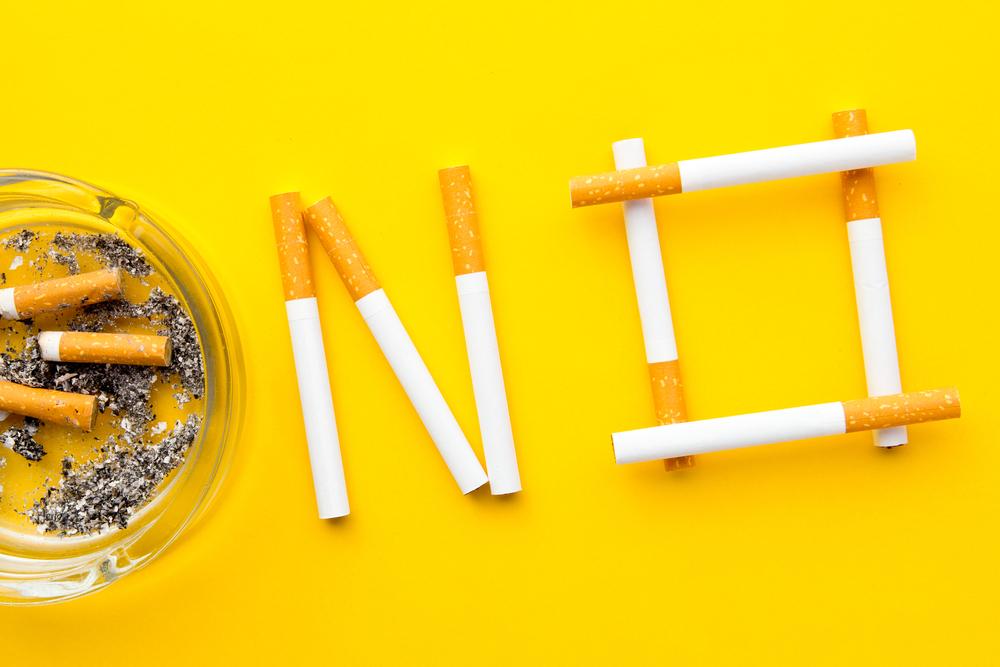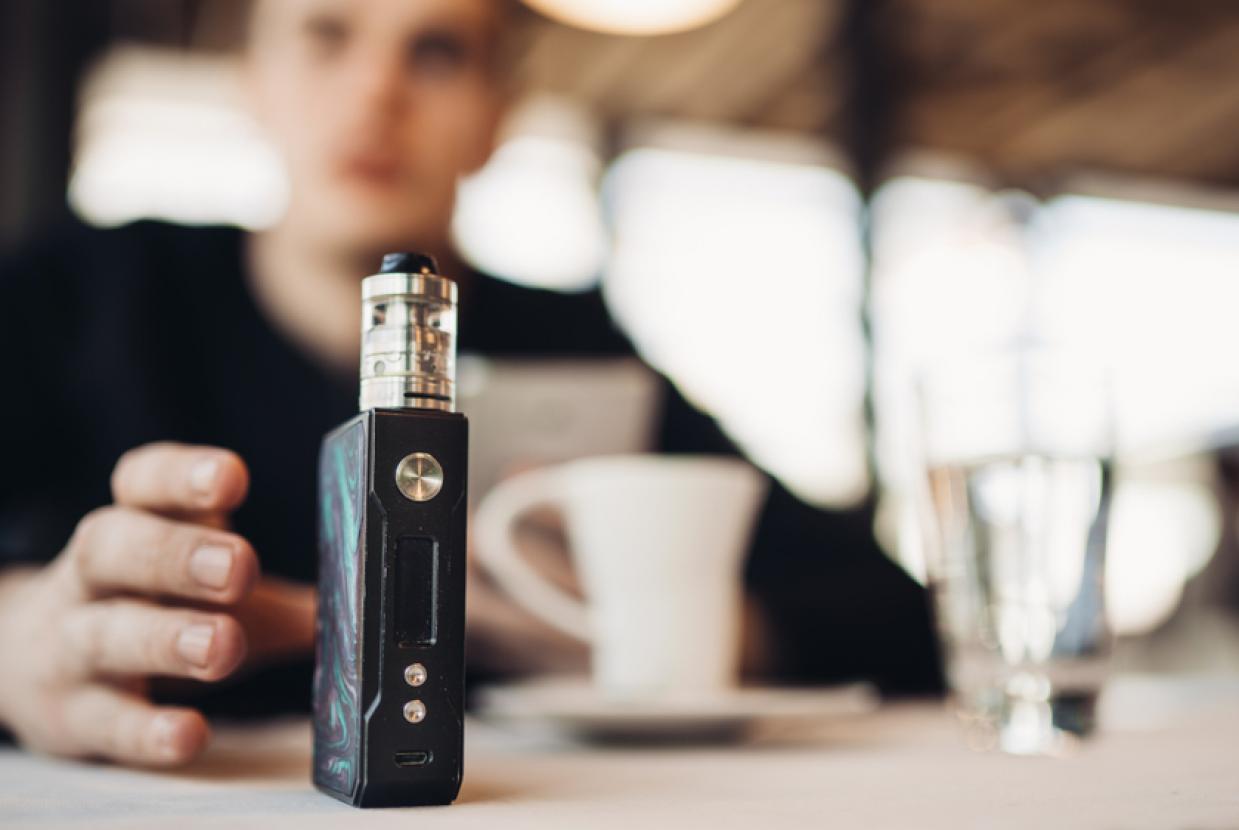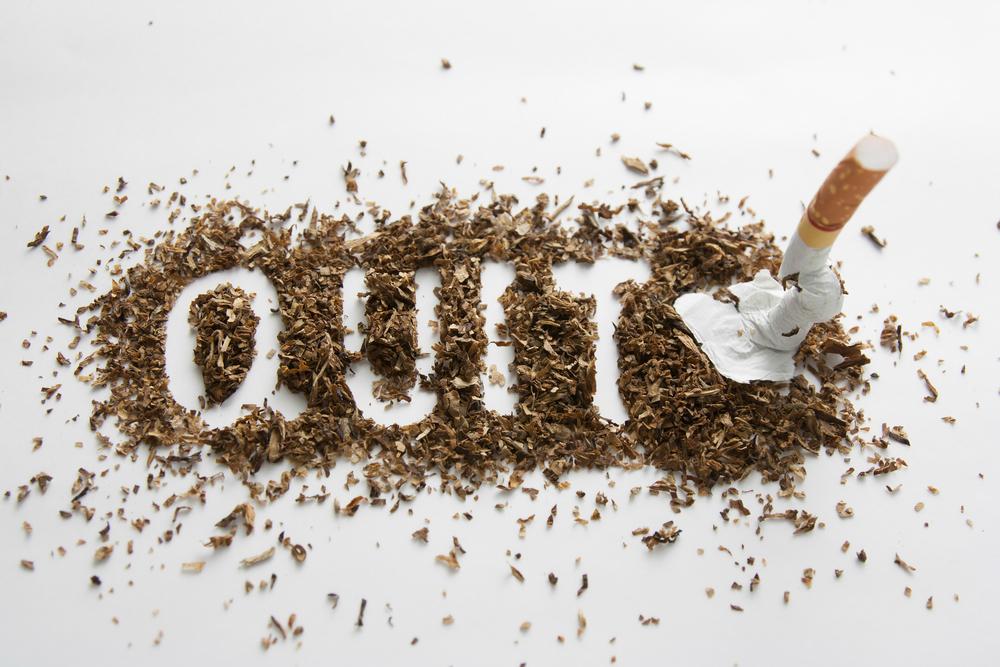Stop Smoking Without Putting On Weight
You may be worried about piling on the pounds when you stop smoking, but there are steps you can take to keep weight gain to a minimum. They are:
- take more exercise
- use stop smoking treatments
- diet sensibly – it can help reduce weight while you quit, but you must be careful not to take too much on at once
Will I put on weight when I stop smoking?
Not necessarily, although many people do. On average, people gain 5kg (11lbs) in the year after they stop smoking.
Why do you put on weight when you quit?
There are 5 main reasons:
- Smoking speeds up your metabolism, so your body burns calories at a faster rate. When you stop smoking, you actually need fewer calories.
- Smoking can suppress your appetite.
- You may find that food tastes better after you stop smoking and you also crave sugary foods.
- It's possible to mistake nicotine cravings for feeling hungry, or to eat to distract yourself from them.
- You may replace the "hand-to-mouth" action of smoking with snacking.
How can I avoid putting on weight when I quit?
Keep your metabolism high by taking regular exercise. Try walking rather than getting the bus or using a lift, start a gym class, or ask your local sports centre about the activities they offer. Combat hunger pangs by keeping a stash of healthy treats to hand. Nuts, fresh fruit and veg sticks are ideal.
Eat smaller portions of food until your metabolism has stabilised. It takes 20 minutes for you to feel full after eating, so take a break (go for a walk) after your main meal and see if you still feel hungry in half an hour. If so, dip into your healthy treats.
Just because food tastes better, it does not mean you need to eat more of it. Chew your food slowly and enjoy each mouthful. Make sure you're taking your stop smoking medicines regularly to help suppress cravings. The less you crave nicotine, the easier it'll be to keep focused.
Exercise to avoid gaining weight
After you quit smoking, your body burns calories more slowly. Even if you eat no more than when you smoked, you may put on some weight.
But being more active can help. Regular exercise may prevent about half the weight gain expected after a year of quitting smoking. It burns off calories and reduces cravings for cigarettes.
Build up to at least 150 minutes (2.5 hours) of moderate-intensity aerobic exercise, such as fast walking, swimming or cycling, every week.
Moderate-intensity activity means working hard enough to make you breathe more heavily than normal and feel slightly warmer than usual. The more exercise you do, the more calories you'll burn.
What exercise can I do if I cannot walk or run?
If you have a physical disability, there are other types of exercise you can try. These include:
- Gentle swimming and aqua aerobics to reduce stress and strain on your joints.
- Low-impact exercises, such as yoga, pilates and tai chi, especially if they have been adapted to suit the needs of people with different types of disabilities. Get advice first, though, to make sure these are suitable for your particular disability.
- Gentle cycling on a static bike is a good low-impact activity for people with osteoarthritis.
Use stop smoking medicines to prevent weight gain
Stop smoking medicines, such as nicotine replacement therapy (NRT) and the prescription tablets Zyban (bupropion) and Champix (varenicline), can double your chances of quitting successfully. They also seem to help limit weight gain in the first few months.
E-cigarettes have become a very popular stop smoking aid. Although not completely risk-free, they're substantially safer than smoking and many people have found them helpful for quitting.
Diet sensibly while stopping smoking
The important thing about stopping smoking is that you see it through. If you're concerned about weight gain but think stopping smoking and dieting at the same time will be too much, stop smoking first and deal with any weight gain afterwards.
If you're really worried about putting on weight, ask the GP to refer you to a dietitian for a diet plan tailored to your individual needs. This diet plan will guide you on how much to eat based on your current weight, age, gender and activity level, and stop you gaining more weight.


